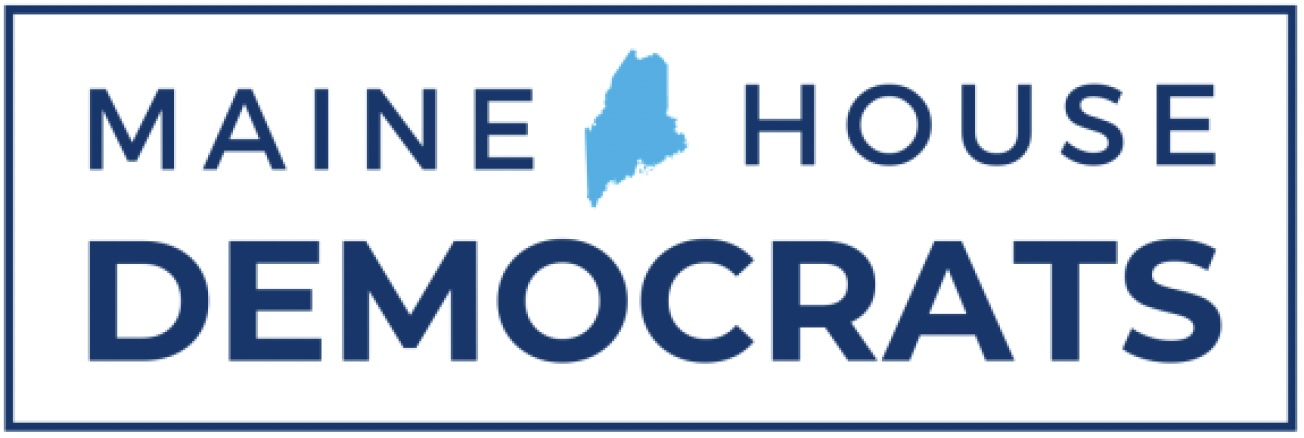AUGUSTA - Rep. Morgan Rielly, D-Westbrook, introduced legislation Monday that would expand the language of working waterfront covenants to include nonprofit corporations and charitable trusts that are authorized to hold conservation easements.
A working waterfront covenant is a legally binding deed restriction held by the Maine Department of Marine Resources. The covenant protects all current and future fisheries-related uses of the land by prohibiting all conflicting non-fisheries activities, such as real estate development.
"We are down to the last 20 miles of working waterfront, out of our state's 5,000 miles of coastline," said Rielly. "Increasing demand for coastal properties, coupled with rising property values, has endangered working waterfronts. Once a piece of working waterfront property is bought and developed for another use, it is nearly impossible to recover it."
LD 574 would allow for local land trusts to work together quickly and efficiently, especially when it comes to emergency sale situations, to mobilize the funds to protect the working waterfront.
"We can't lose our working waterfronts to wealthy individuals and large corporate developers," said Rielly. "It's the economic backbone of our coastal communities and an important part of our state's identity. Maines lobstermen in Penobscot Bay, clam harvesters on mudflats in Lubec and oyster farmers in Harpswell are under threat. This legislation provides a solution to protect them."
"Maine's working waterfronts are critically important to Maine's coastal communities, supporting thousands of jobs and adding billions to the economy statewide," said Nick Battista, chief policy officer at the Island Institute, a community development organization in Rockland. "All of this economic activity is supported by working waterfronts. Everything caught or grown in the ocean must cross a working waterfront on its way to market. This legislation breathes new life into efforts to support working waterfronts by making the working waterfront covenant a more effective tool and is vital for ensuring a strong future for Maines marine economy."
Currently, the primary way to preserve the working waterfront is through the Working Waterfront Access Protection Program (WWAPP). WWAPP is part of the Land for Maines Future Program and provides matching funds to help fishing and aquaculture businesses, co-ops and municipalities protect working waterfront properties for commercial fishing and aquaculture use. It is responsible for helping preserve 34 properties across Maine.
The Legislature's Joint Standing Committee on Agriculture, Conservation and Forestry will hold a work session on the bill in the coming weeks.
Rielly is serving his second term in the Maine House of Representatives and is a member of the Legislature's Joint Standing Committee on Veterans and Legal Affairs. He represents House District 127, which includes a portion of Westbrook.
Contact:
Brian Lee [Rielly], 305-965-2744

